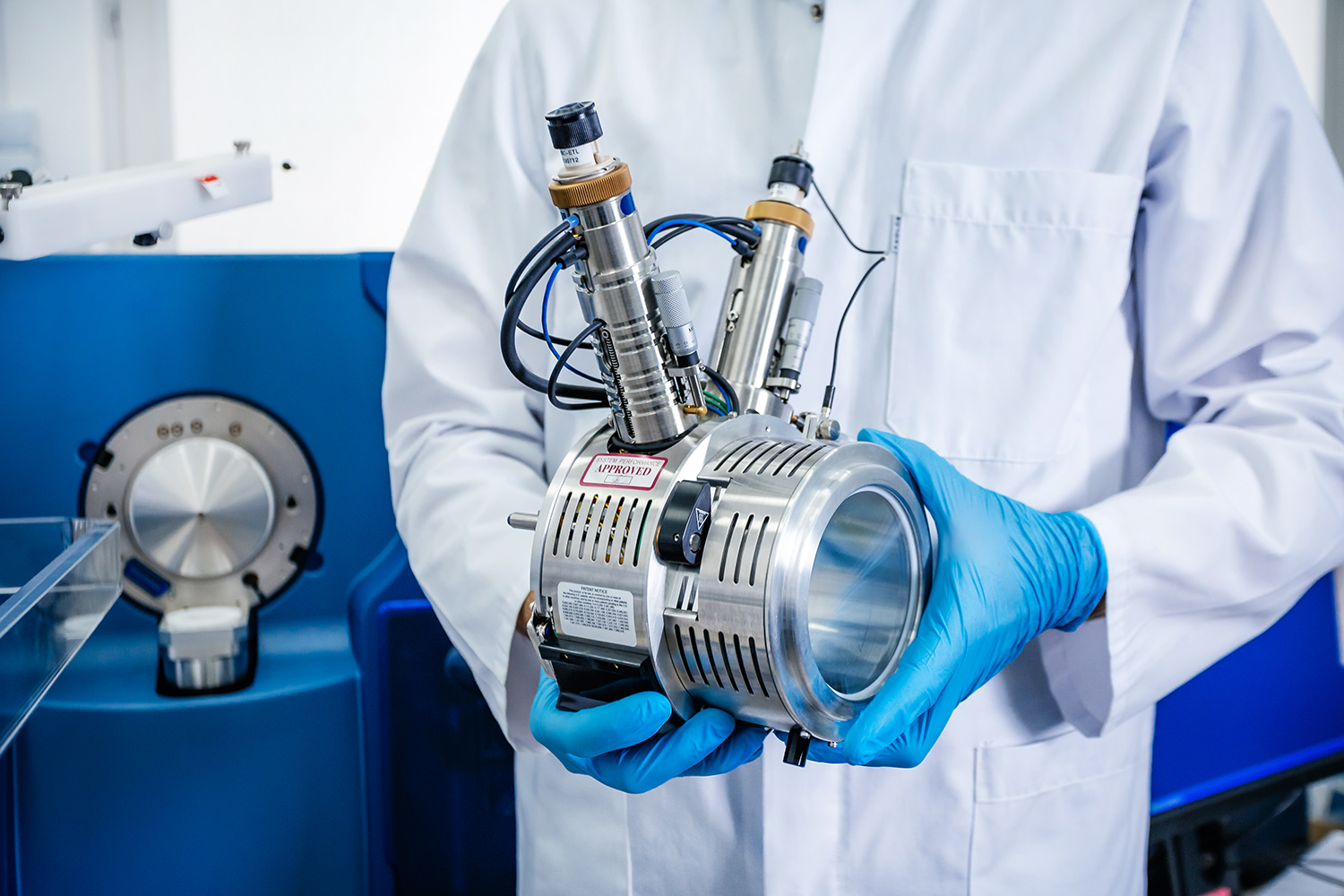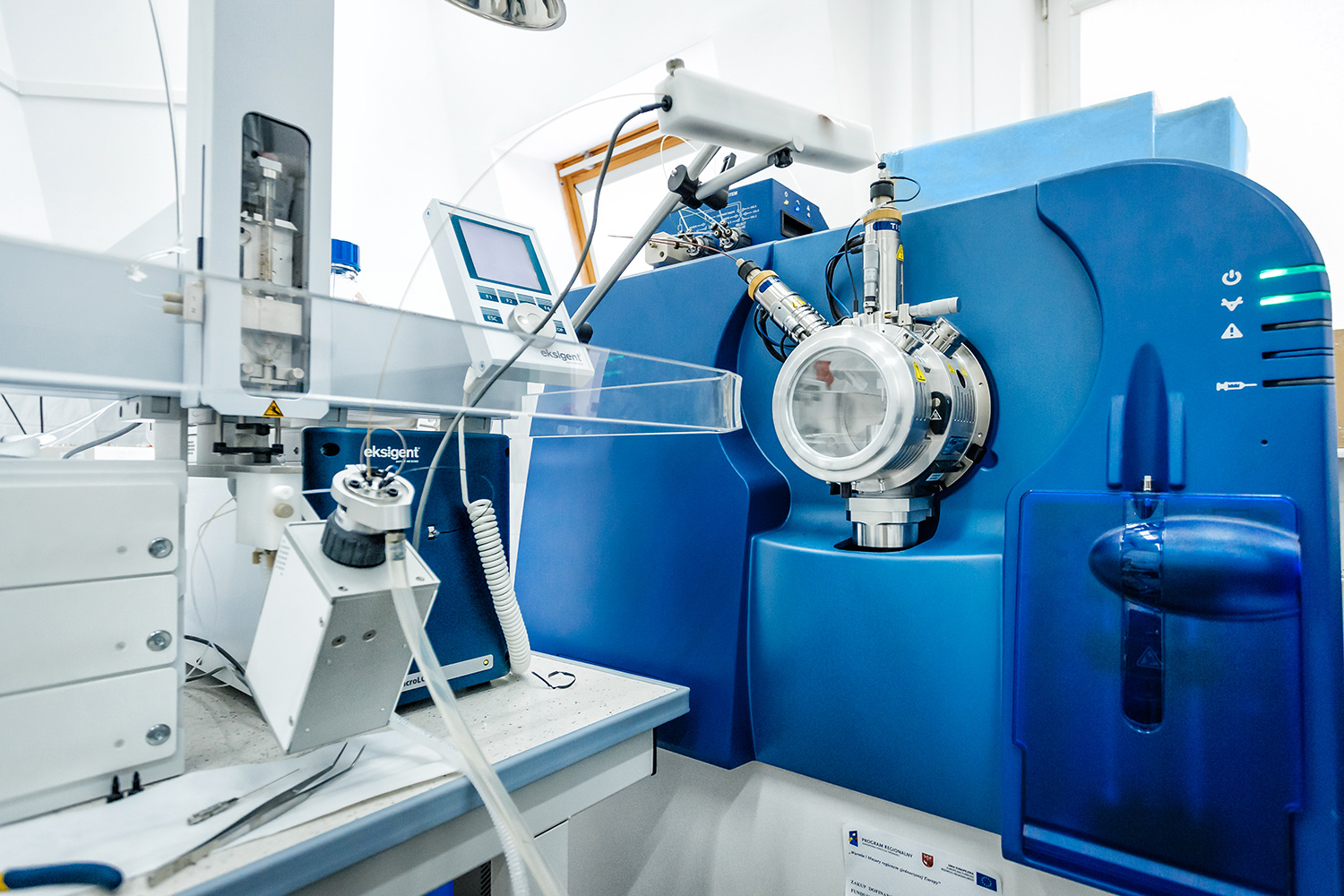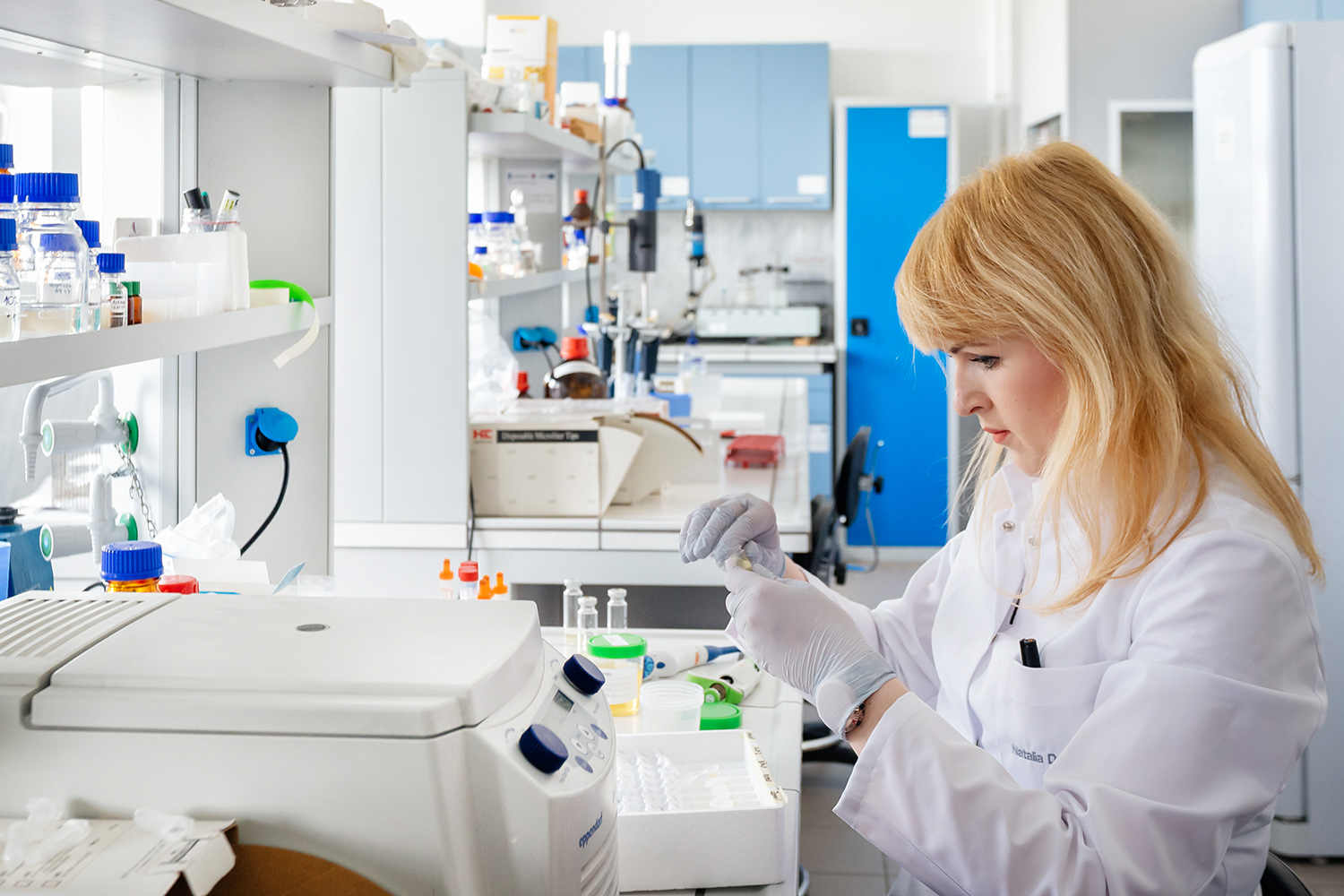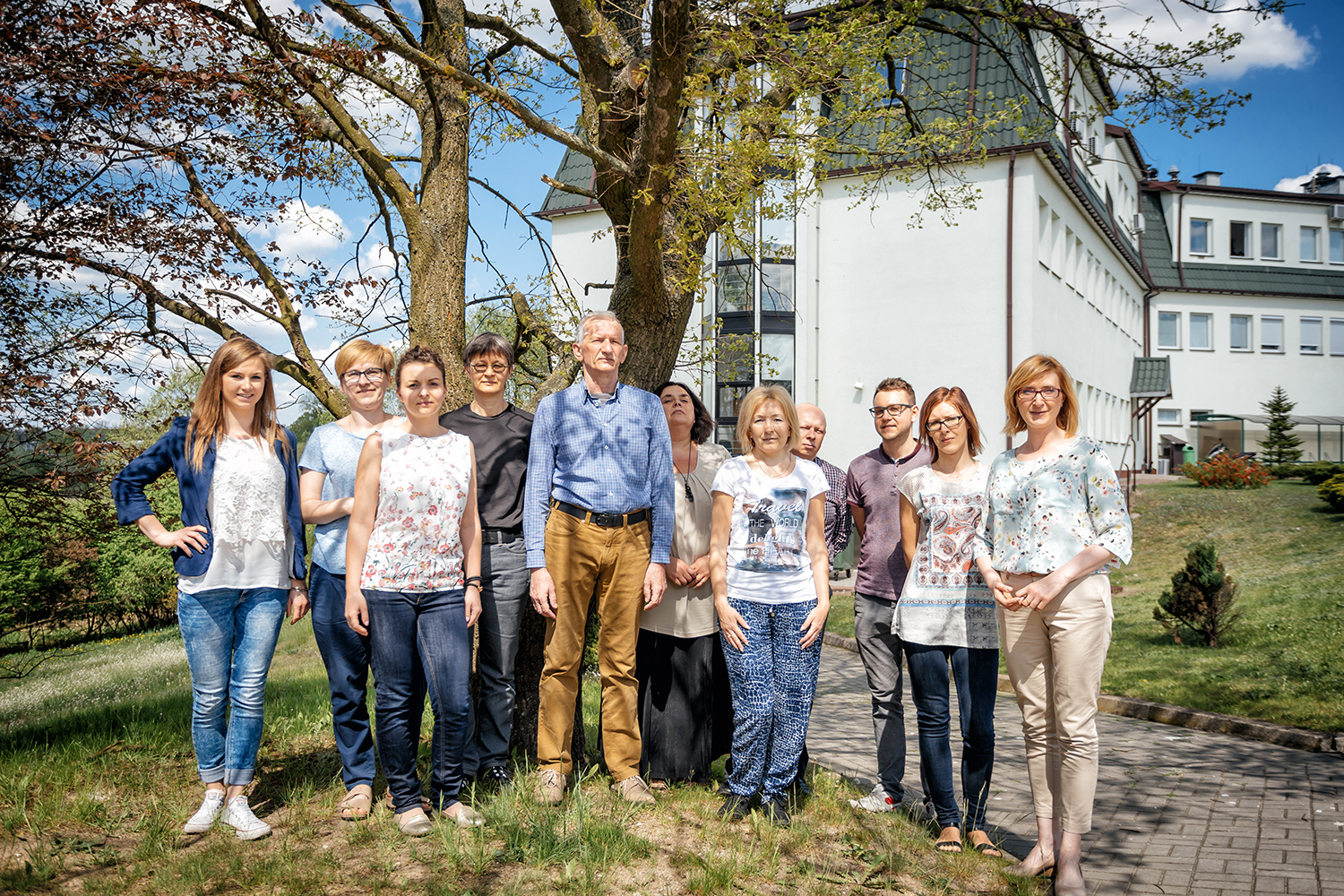General research profile
The Department conducts research focused on qualitative and quantitative characteristics of changes in biologically active compounds of plant origin during technological processes. The polyphenols, plant biopolymers (starch, proteins/lipids) of various botanical/plant origin, sulfur compounds (glutathione, glucosinolates), inositol phosphates, oligosaccharides (alpha galactosides), betalain pigments and antioxidant vitamins are addressed in our research. We evaluate the wide spectrum of multifunctional biological properties of foods and health-related activity of bioactive compounds in the in vitro and ex vivo models, both after their isolation from the food product matrix and in the presence of other naturally coexisting substances in food. In addition, the Department conducts research on the development of innovative bakery products, both conventional and for special dietary purposes, with high sensory and technological quality and increased nutraceutical potential, enriched with bioactive and functional ingredients of plant origin and by-products of plant processing. The properties of thermally treated foods, volatile compounds formation, and newly formed products from Maillard reaction in both positive and negative aspects are also investigated. We also conduct non-clinical and clinical studies as well as studies on animal models that concern the bioavailability of biologically active compounds and dietary supplements, and we evaluate their impact on the nutritional status and selected health parameters in healthy volunteers and patients. We are also investigating the influence of biopolymers on the characteristics and activity of the gut microbiota, and metabolic changes in the gut ecosystem and assess their potential bifidogenic effect.






